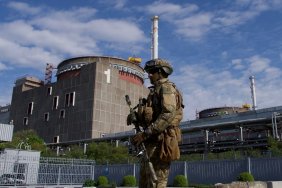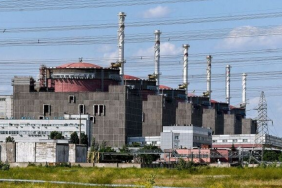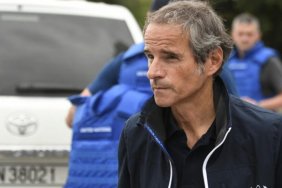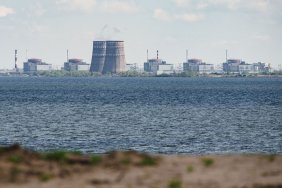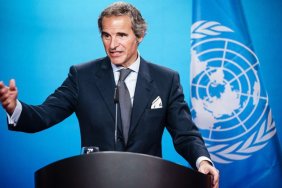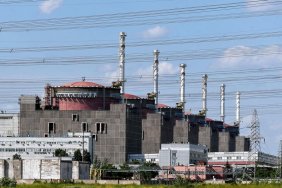The Board of Governors of the International Atomic Energy Agency (IAEA) has called on Russia to withdraw its military and other Russian personnel from the Zaporizhzhya nuclear power plant, abandon "unfounded claims" to ownership of the plant, and cease any activities at Ukrainian nuclear facilities.
The resolution was supported by the majority of members of the council, which includes 35 countries. It also states that the IAEA found no signs of undeclared nuclear activity or materials related to the development of radiation dispersal devices ("dirty bombs") in Ukraine.
In early November, IAEA specialists inspected three Ukrainian nuclear facilities. The inspection was carried out at the urgent request of Kyiv after the Russian authorities made statements that the Ukrainian side was preparing to detonate a so-called "dirty bomb" on its territory, and that Russia was responsible for the use of such a weapon. Kyiv and Western countries called Moscow's accusations false.
The resolution also expresses deep concern over the pressure on the Ukrainian maintenance staff of the ZNPP, as well as repeated violations of external energy supply due to shelling.
This is the third IAEA resolution dedicated to the problem of nuclear safety in Ukraine since the beginning of the Russian invasion in February this year. Russia and China opposed it. Seven countries - India, Pakistan, Saudi Arabia, Vietnam, South Africa, Kenya and Namibia - abstained from voting.
The Russian diplomatic mission to international organizations in Vienna called the document "unprofessionally drafted", which goes beyond the scope of the IAEA's mandate and "contains factual errors".
Russia seized the Zaporizhzhya nuclear power plant on March 4. Since then, the ZNPP has repeatedly come under fire, for which Kyiv and Moscow blamed each other. After the notification of the Russian authorities about the annexation of the Zaporizhzhya region, the Russian government decided to nationalize the nuclear plant.
In September, experts from the International Atomic Energy Agency (IAEA) published a report based on the results of their visit to the ZNPP. They called for the creation of a "safe zone" around the station and an end to shelling due to the threat of a nuclear incident.
The idea of demilitarization of the zone around the station is shared by Ukraine, representatives of the European Union and the United States. Russia opposes this proposal because, according to the Russian Foreign Ministry, "it will make the power plant even more vulnerable."

